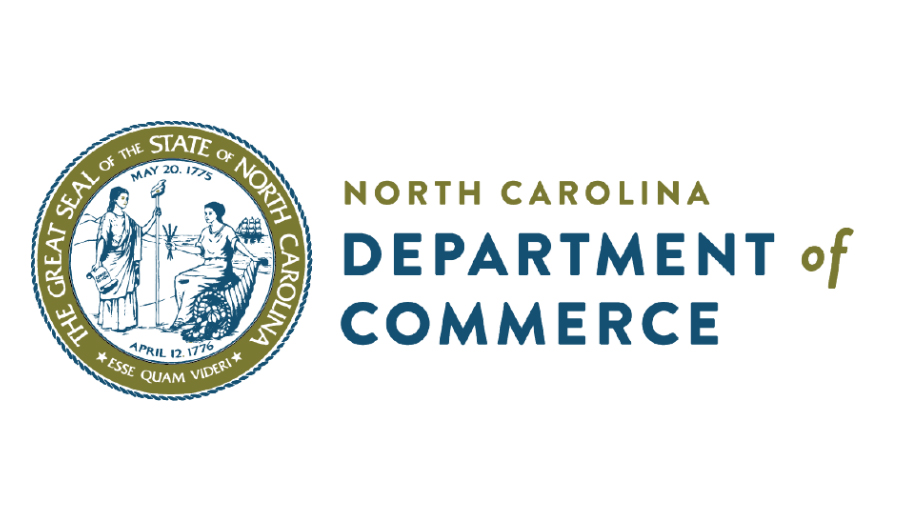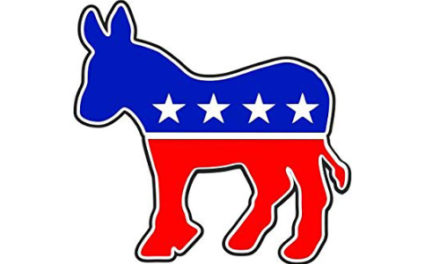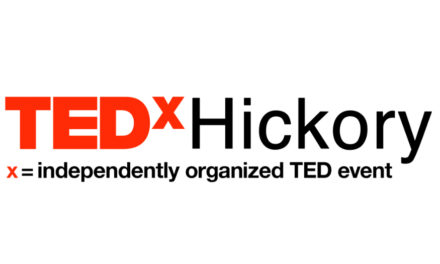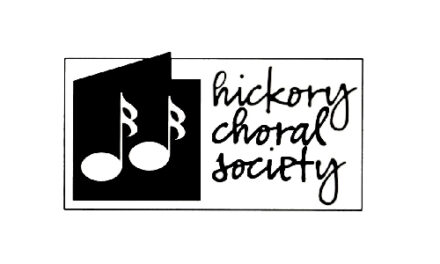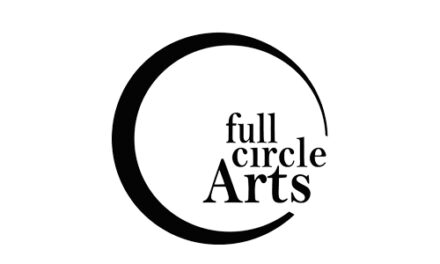Raleigh, NC – September 4, 2021, was the last payable week for all federal pandemic unemployment programs in North Carolina. These programs include Pandemic Emergency Unemployment Compensation (PEUC), Pandemic Unemployment Assistance (PUA), Federal Pandemic Unemployment Compensation (FPUC) and Mixed Earners Unemployment Compensation (MEUC).
You can find more information and FAQs about the ending of federal unemployment benefits on the Division of Employment Security website (https://des.nc.gov/).
As these unemployment programs end, we would like to provide you with information about other programs in North Carolina that may benefit you or someone you know. These programs may be able to assist you with rent, utilities, food, healthcare or other needs.
Do you need help finding a job?
NCWorks Career Centers offer a wide variety of services to help individuals at every step of the job search journey, all of which are free of charge. Visit NCWorks.gov or call 1-855-NCWORKS or 1-855-629-6757 to find an NCWorks Career Center in your community or to access virtual services.
Do you need help with rent, mortgage or utilities?
The Housing Opportunities and Prevention of Evictions Program, known as the HOPE Program, provides rent and utility assistance to qualifying renters who are experiencing financial hardship due to COVID-19. The program helps prevent evictions and utility disconnections. Learn more and apply for the program online at www.rebuild.nc.gov/hope-program or by calling 1-888-9ASK-HOPE or 1-888-927-5467.
The Low Income Energy Assistance Program (LIEAP) and Crisis Intervention Program (CIP) provide assistance through vendor payment to help households pay heating and cooling bills. For more information, contact your local Department of Social Services or apply online at https://epass.nc.gov.
Foreclosure Prevention: Whether you’re actively facing or at risk of foreclosure on your home, North Carolina offers free resources to help. To receive free foreclosure counseling, call the North Carolina Housing Finance Agency at 1-888-442-8188.
Legal Assistance: If you are concerned about eviction or your landlord has started eviction proceedings, contact Legal Aid of NC at 1-866-219-5262 for legal assistance.
Find additional information for renters through the HUD Rental Housing Counseling and Eviction Prevention Program, including contact information for local housing counselors.
Do you need food assistance?
Food and Nutrition Services (Food Stamps) provides eligible families and individuals the food they need for a nutritionally adequate diet. Benefits are issued via Electronic Benefit Transfer cards. Users may use the ebtEdge Mobile app to check balances and locate stores that accept benefits. For more information, contact your local Department of Social Services or apply online at https://epass.nc.gov.
Do you need help with health care or mental health?
Medicaid provides access to physical and behavioral health services to improve health and well-being for North Carolinians. Services include, but are not limited to, physical, behavioral health, and substance use services; pharmacy benefits; and services and supports for people with chronic and long-term health care needs. The NC Medicaid Beneficiary Portal offers information on eligibility and applying for Medicaid. For more information, contact your local Department of Social Services or apply online at https://epass.nc.gov.
Rural Health Centers, located in rural communities of North Carolina, offer basic health care to all residents, regardless of your ability to pay. Call the Rural Health Center in your area to schedule an appointment.
The Medication Assistance Program (MAP) provides assistance to low-income, uninsured patients who need access to prescription drugs and cannot afford them. MAP is available at participating health center sites around the state, such as free and charitable health clinics, and rural and community health centers.
The Hope4NC Helpline is a free, confidential mental health resource available statewide. Individuals can call or text ‘hope’ to 1-855-587-3463, 24 hours a day, seven days a week to access emotional support, counseling referrals and community resources. A live person will always answer, no matter when help is needed.
Do you need help with child care or child support?
Subsidized Child Care Assistance provides ongoing financial assistance via vouchers for families in need of childcare services from enrolled providers. Eligibility may be limited based on financial and situational criteria. For more information, contact your local Department of Social Services.
Child Support Services is available to anyone needing help to establish paternity, establish and collect a court order obligation for child support, or collect child support on an existing obligation. The program is not authorized to assist with custody, visitation or property disagreements. For more information, contact your local Department of Social Services or apply online at https://ncchildsupport.com.
Other Assistance
North Carolina’s Temporary Assistance for Needy Families program, called Work First, provides parents (and in some situations where children reside in the care of relatives) with short-term training and other services to help them become employed and move toward self-sufficiency. For more information, contact your local Department of Social Services.
Community Services Block Grants offer support to individuals who are currently at or below 100% of the federal poverty level to meet employment, housing and crisis prevention needs. Contact the Community Action Agency in your area for information on how to apply.
The federal Child Tax Credit provides eligible families with children payments of $3,000 per child 6-17 years old and $3,600 per child under 6 years old. Most families don’t have to do anything to receive this payment. But people who don’t normally file tax returns, which often include people experiencing homelessness, must register to claim their payments. The IRS created the Non-Filer Sign-Up Tool as a free and easy way to help people in this situation. The IRS’s Volunteer Income Tax Assistance (VITA) program may be available to provide additional assistance.
NC 211:You can dial 2-1-1 or 888-892-1162 to connect with an NC 211 Call Specialist. Call Specialists are available 24 hours a day, 7 days a week, and the call is free and confidential. Multi-lingual service is available. Call Specialists have access to a database of community-based resources and can provide details about available resources in your area. The database is also available online at nc211.org.

